Hosted by Claire Musters
This month I’m reading…
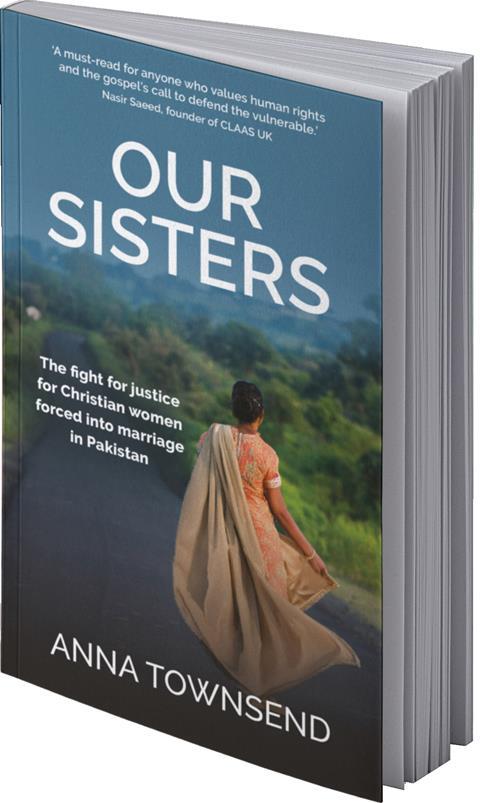
Our Sisters: the fight for justice for Christian women forced into marriage in Pakistan
By Anna Townsend (Authentic, 9781788933544)
While living in Nepal, Anna Townsend served the Pakistani Christian refugee community and set up Women Without Roofs, a charity that supports women in Nepal who face hardship. This book charts her journey since then, and how she was drawn to tell the stories of women both within Pakistan and western women being sent to Pakistan to be forced into marriage.
In the book, Anna shares the behind-the-scenes details of setting up interviews with a range of different women who have managed to escape, and reveals the horrifying details of the lengths whole families often go to to abduct young women, forcing them into marriage and conversion to Islam. Many of the women are still on the run from these families, and the toll the experiences have taken on them is evident in the interviews.
Anna explains the distorted concept of ‘honour’, the Pakistani blasphemy laws and how these work against Christians receiving help when persecutions against them happen.
This November, which is the month recognised widely as a time to remember Christians who face persecution (and includes the International Day of Prayer for the Persecuted Church) I encourage you to read this book and find out more about what you can do to stand up for justice for women around the world who are unable to do so for themselves.
You wrote your previous book, Come with Me to Kathmandu, while living in Nepal and this one in Belgium – could you explain why you move around so much, and how you ended up researching and writing about forced marriage within Pakistan?
As an army wife, I move house every couple of years, and we’re now in our 20th home, even though I’m still in my 40s. Amazingly, God has used every house move for his purposes, although there are plenty of times when I don’t understand the reason he has sent us somewhere until afterwards.
I made the shift from writing about women in Nepal to those in Pakistan thanks to one particular woman, Maria, whom I featured in Come With Me to Kathmandu. She had been forced by the elders in her remote village to marry the man who had raped her and made her pregnant. I couldn’t stop thinking about the insanity of her circumstance and how perverse it was to force a woman to remain with her rapist. I began wondering if there were other societies where this happens and started researching the issue. I soon discovered that in Pakistan, young Christian girls are all too frequently abducted, raped and forced into marriages against their will. It is a form of persecution against them and their families. I hoped one day to do something to help them, and by writing this book, my aim is to bring attention to their plights. Belgium was the perfect place to live while I did this, as there were many human rights activists on my doorstep in Brussels.
You saw God open many doors while you were on the journey of researching – could you mention a few of the incredible connections he helped you make?
I had only one lead to follow. I knew Christian Solidarity Worldwide (CSW) had an office in Brussels, so I met with one of their advocates early on, and he, in turn, introduced me to Cecil, a Pakistani Christian and son of a renowned military hero. He has a fantastic story, which I tell in the first chapter.
The only other person I knew who lived in Belgium was a missionary pastor from a church we had attended in Virginia, USA. I met up with him shortly after our move, and it turned out he was well-connected and organised the European Parliamentary Prayer Breakfast. I bought a ticket to it and when I arrived the room was packed; all of us were squeezed onto tables in the Parliament’s basement canteen, but I found myself sitting opposite a Pakistani politician and his wife!
After breakfast, I went to a talk about the innocuously titled ‘Roots and Future of European Values’. During the question time at the end, a Pakistani activist called Joseph stood up and lambasted the panel, made up of EU politicians, about the EU’s reluctance to sanction Pakistan, given its appalling treatment of Christian women. I couldn’t believe that he was speaking about the exact issue that I wanted to research! As it turned out, Joseph had just compiled and published a report about the: Abductions, Forced Conversions and Forced Marriage of Christian Girls and Women in Pakistan and his family has a phenomenal story, which I tell throughout the book.
You indicate the first time you heard about forced marriage was in school when a British-Pakistani in your English class said she would be flown to Pakistan soon after the exam period to be forced to marry a male relative. Could you explain why you thought she was exaggerating at the time, and how she became a part of your writing story 20 years later?
When I took my GCSEs in the 1990s, everybody in the school year was put into random groups for their English oral. Each student had to present a topic, which the rest of the group then discussed. A British-Pakistani girl in my group, whom I didn’t know, told us that she would be sent to Pakistan after our exams and forced to marry a relative. She went on to say that if she didn’t comply, she would be killed by her family members for bringing shame on their family.
At the time, I couldn’t believe what she was telling us. How could a father or brother believe that killing their daughter or sister was honourable? It seemed insane. I have to admit that I forgot about her immediately afterwards, though; I was a preoccupied teenager and moved to a different school for sixth form. It was nearly 20 years later, during a prayer meeting for women in Asia, that God jolted my memory of the incident and I decided to incorporate her story into this book.
The term ‘honour killing’ wasn’t coined until several years after my GCSES, and nowadays most teachers are clued up on the signs to look out for so they can help prevent honour-based abuse. Often, prolonged absences from school are the first indication. It’s still the case that most forced marriages occur in the summer holidays, after either GCSEs or A-levels, and if a teacher is concerned about a girl, they should speak to her away from her immediate family. The fabulous organisation Karma Nirvana is a fantastic resource for anyone with worries about someone they know. Girls in vulnerable communities are advised to put a teaspoon in their underwear at the airport, which will be picked up on scanners, allowing border agents to intervene and prevent them from being taken abroad against their will.
The abuse is happening here in the UK too. You share the story of Becky, who has set up Beauty for Ashes women’s refuge to help Pakistani women who are experiencing honour-based abuse but are not receiving help due to their immigration status being NRPF (no recourse to public funds). What did you learn about the situation in the UK?
Becky is doing incredible work helping women from various countries, many of whom are originally from Pakistan. Forced marriages still take place today, and young brides (and grooms) can be plucked from small villages in Asia and brought to the UK. Once here, they might know no one apart from their in-laws and speak no English, so they are highly vulnerable to domestic violence and honour-based abuse. If they choose to escape an abusive household, since their immigration status is unresolved, they cannot depend upon the UK government and its agencies to help them. Becky felt called by God to fill this gap in provision and has seen multiple miracles occur as she has followed his leading.
Anna Townsend on: The books that have changed my life
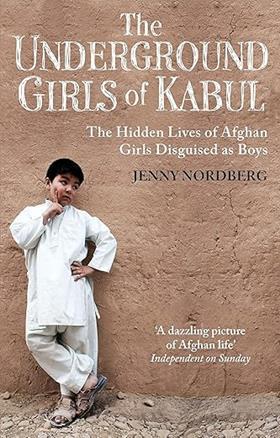
The Underground Girls of Kabul by Jenny Nordburg
This has been my model for conducting investigative research among vulnerable communities and making it accessible to a wide readership. The difficulties that women in Afghanistan face, as described so carefully by Jenny in this book, have stayed with me. Though not a Christian book, it has helped me to pray for Afghan families.
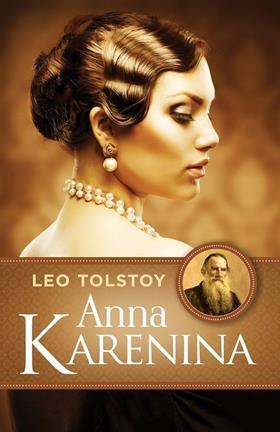
Anna Karenina by Leo Tolstoy
Russian novelists are superb at creating characters who wrestle with doing wrong when they want to do right, just as Paul wrote about in Romans 7:15-16. It was Philip Yancey in Soul Survivor who first helped me see this, and if anyone would like a humorous beginner’s guide to Russian literature, then I highly recommend Viv Groskop’s The Anna Karenina Fix.
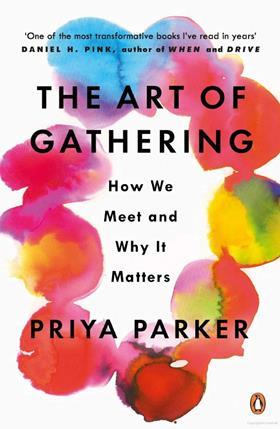
The Art of Gathering by Priya Parker
I was given this book earlier this year, and it’s brilliant. It’s about how best to craft get-togethers and functions so that everyone genuinely enjoys them. As an introverted army wife who is obliged to attend many functions where I spend time with men who mansplain, I wish more people would read it! The general idea is that a good gathering is well planned, and a bossy host is invaluable.













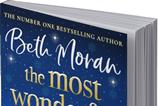
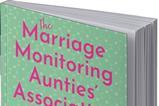


















No comments yet